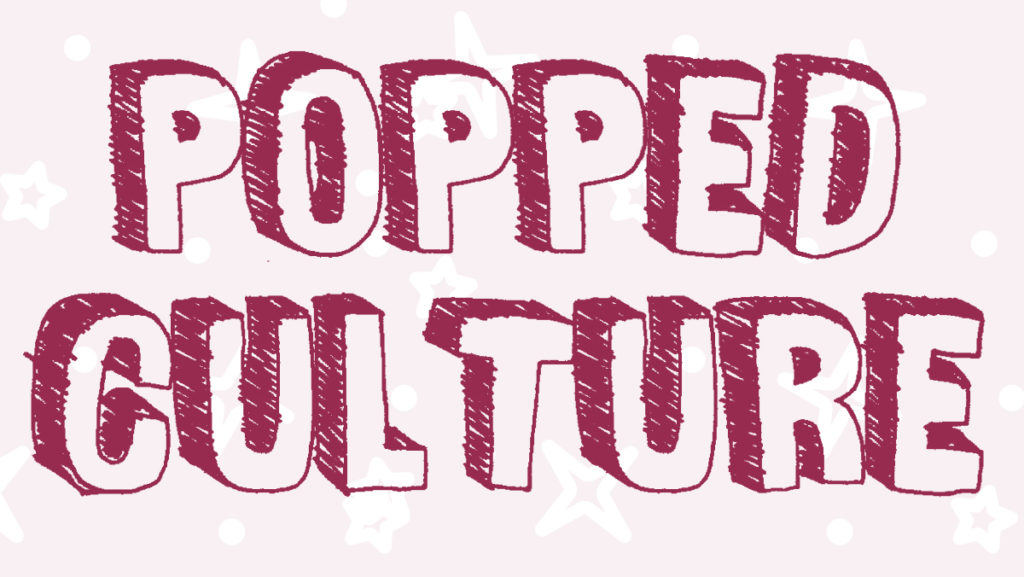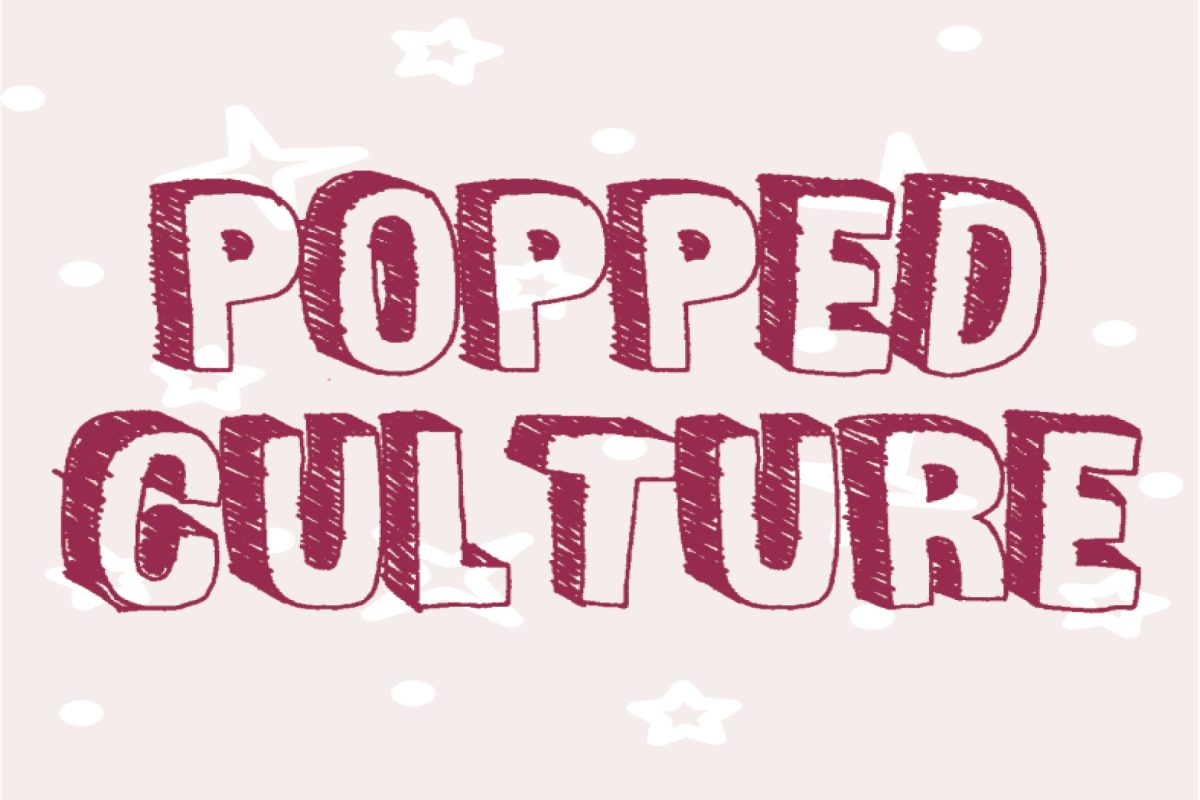Hyperpop, a microgenre that stems from pop music, exploded in popularity during the summer of 2020. The music’s dreamy, sugar-coated aesthetic, heavy base, high-pitched vocals, in-your-face lyrics and danceable beats brought energy and excitement to the mundane days of a stay-at-home summer.
The genre first emerged in the mid-2010s and was explored by artists associated with the UK-based record label PC Music, run by A.G. Cook. Its style is a surreal and oversaturated take on pop music. Despite the songs’ often short lengths, they incorporate a plethora of different genres. From bubblegum pop to hip-hop, trance, J- and K-pop, emo and even nu metal, hyperpop has it all.
Frequent collaborators under A.G. Cook, SOPHIE and Charli XCX pioneered the genre with genius studio production and a revolutionary take on the sonic aesthetic. Other artists within the genre include 100 Gecs, Dorian Electra and even Rico Nasty, on occasion.
In August 2020, Spotify launched its hyperpop playlist after the genre had gained significant traction on TikTok. With this fan base and cultural context, it’s impossible to overlook the genre’s significance among LGBTQ youth. Many of its top artists are trans, like SOPHIE, Laura Les and Kim Petras. The vocal modulation that is so prevalent in hyperpop’s sound allows artists to explore their gender identity and fluidity with their voices.
Hyperpop isn’t adored by everyone. In true internet fashion, the genre finds its naysayers on the popular forum platform Reddit. Users have called it “pure … embarrassment.” Some theorize that the only reason the genre is so big is because Spotify endorsed hyperpop as a “quick hip, trendy cash grab.”
With hyperpop’s quick climb to the top, notable niche fan base and culturally aware haters, it makes a listener wonder where they’ve seen something comparable.
Disco, the dance music genre and subculture that emerged in the 1970s, found its fan base in urban nightlife. The genre’s sound, much like hyperpop, is bright, recognizable and flashy, with disco being constructed from elements like four-on-the-floor beats, melodic synths and syncopated bass lines. Similar to hyperpop’s signature use of distortion, disco utilized the chicken scratch, a sound achieved by pressing the guitar strings against the fretboard and then quickly releasing them to get a muffled sound while constantly strumming very close to the bridge.
Before the internet, music fans had to find each other in the real world. Disco found its niche in the dance, sex and drug havens known as disco clubs. As a genre that emerged out of the 1970s, disco became the center of pop culture that many people turned to in response to the intense political climate. Sound familiar?
The genre and its culture exploded in popularity by 1977 with the aid of “Saturday Night Fever,” particularly within the LGBTQ community. Disco gave a platform to artists from underrepresented communities, allowing them to explore their identities in a more fluid way.
However, by 1980, disco fell from grace just as quickly as it had risen to fame. Slowly, a countermovement began to spread throughout the country. In the 1980s movie “Airplane!” audiences cheered when a plane knocked down a disco station’s antenna. On the sitcom “WKRP in Cincinnati,” a character frequently wore a “Disco Sucks” t-shirt.
The Day Disco Died brought an end to the genre’s short life. The killers: fans of The Chicago White Sox and The Detroit Tigers baseball teams. Disco Demolition Night was a Major League Baseball promotion July 12, 1979 that ended in a riot. At the climax of the night, a crate of disco records was blown up on the field. Motivated by a hatred of disco — and the communities it provided a haven for — attendees rushed onto the field and destroyed it.
With hyperpop’s rocket to popularity being so similar to that of disco’s, can we predict its potential plummet? Just like disco, hyperpop gained fans during an era of restriction, exploding during COVID-19’s first quarantine. The two genres’ comparable place in culture also makes hyperpop susceptible to a loud and fiery end, just like disco had.





